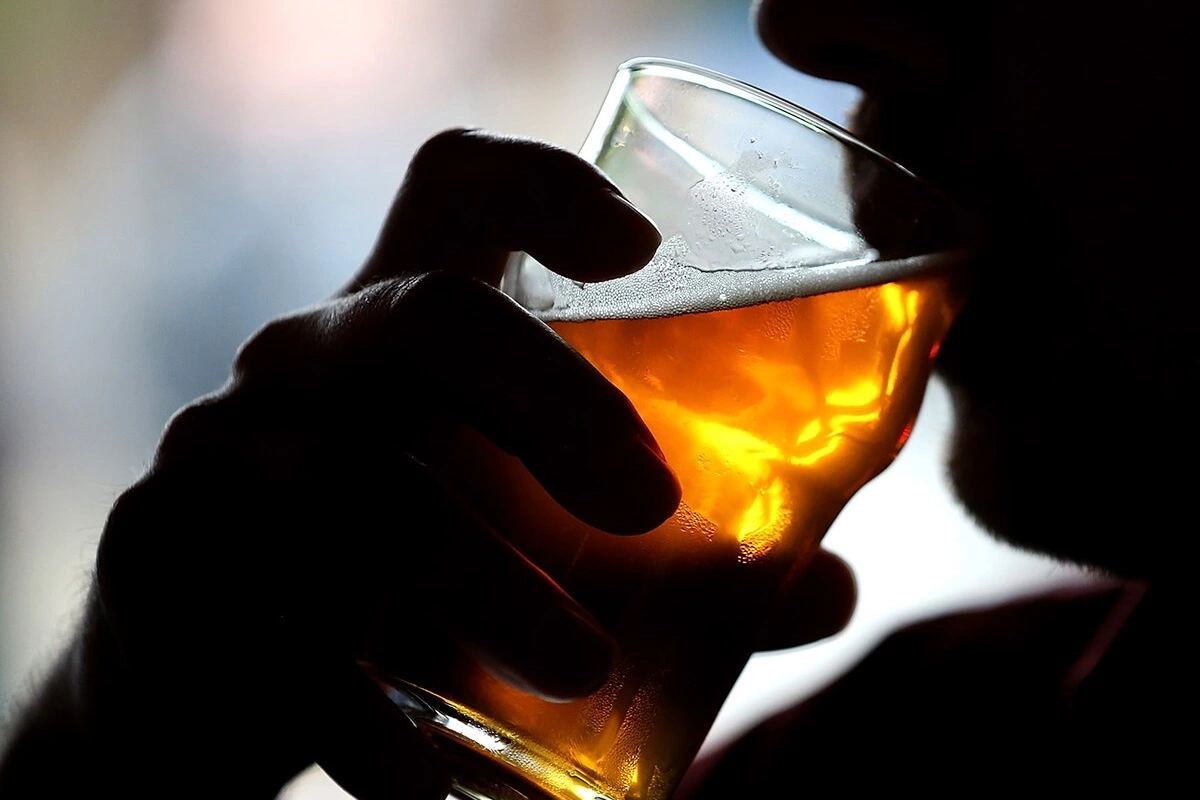Beer consumption is associated with cancer risk: the truth that is important to know

Beer is considered one of the most popular alcoholic beverages in the world. People drink it to relax, during celebrations, with dinner, and most often don't perceive it as something dangerous.
However, more and more scientific data indicate: even low-alcohol beverages, including beer, can increase the risk of developing various types of cancer.
How alcohol affects body cells
When a person drinks beer, ethanol (alcohol) in the body turns into acetaldehyde - a toxic substance capable of damaging cell DNA. Damaged DNA structure is one of the causes of mutations that can eventually lead to the formation of malignant tumors.
What types of cancer are associated with beer consumption
The most common oncological diseases whose risk increases with regular beer consumption:
– cancer of the oral cavity, pharynx, larynx
– esophageal cancer
– liver cancer
– colorectal cancer
– breast cancer in women
It's especially important to understand: even moderate and infrequent beer consumption can increase the likelihood of these diseases. There is no "safe dose" of alcohol in this context.
Why beer specifically might be particularly dangerous
Many people consider beer less harmful than strong drinks and consume it more frequently. This creates an illusion of harmlessness. However, a large amount of beer consumed means more ethanol, more acetaldehyde, and, consequently, higher health risks. Additionally, beer stimulates appetite, contributes to weight gain and obesity, and excess body weight itself is a risk factor for cancer.
How the combination of beer and smoking affects health
Many habits go hand in hand. For example, beer and cigarettes. This is a particularly dangerous combination because the carcinogenic effects of alcohol and tobacco mutually reinforce each other. In people who smoke and drink, the risk of laryngeal, oral, and esophageal cancer increases several times compared to those who don't have these habits.
What doctors and scientists say
The International Agency for Research on Cancer (IARC) has recognized alcohol as a Group 1 carcinogen, meaning a substance that definitively causes cancer in humans. This applies not only to strong alcohol but also to wine, champagne, cider, and, of course, beer.
Is there a safe alternative?
If you want to maintain health and reduce risks, the best solution is to minimize alcohol consumption or completely give it up. Today, there are many non-alcoholic alternatives: herbal teas, natural lemonades, non-alcoholic beer (provided it contains no ethanol), and smoothies.
Conclusion
Beer is not as harmless a drink as it is commonly thought to be. Its regular consumption is associated with the risk of serious consequences, including the development of oncological diseases. The choice in favor of health begins with conscious decisions. And perhaps giving up the beer habit is one of the most important steps in this direction.
Similar News
Grapes against aging: what is their main power
Grapes are not only a delicious berry but also a real treasure trove of beneficial substances that positively affect human health. Consuming them helps strength...




 Azərbaycanca
Azərbaycanca  По-русски
По-русски  English
English 






